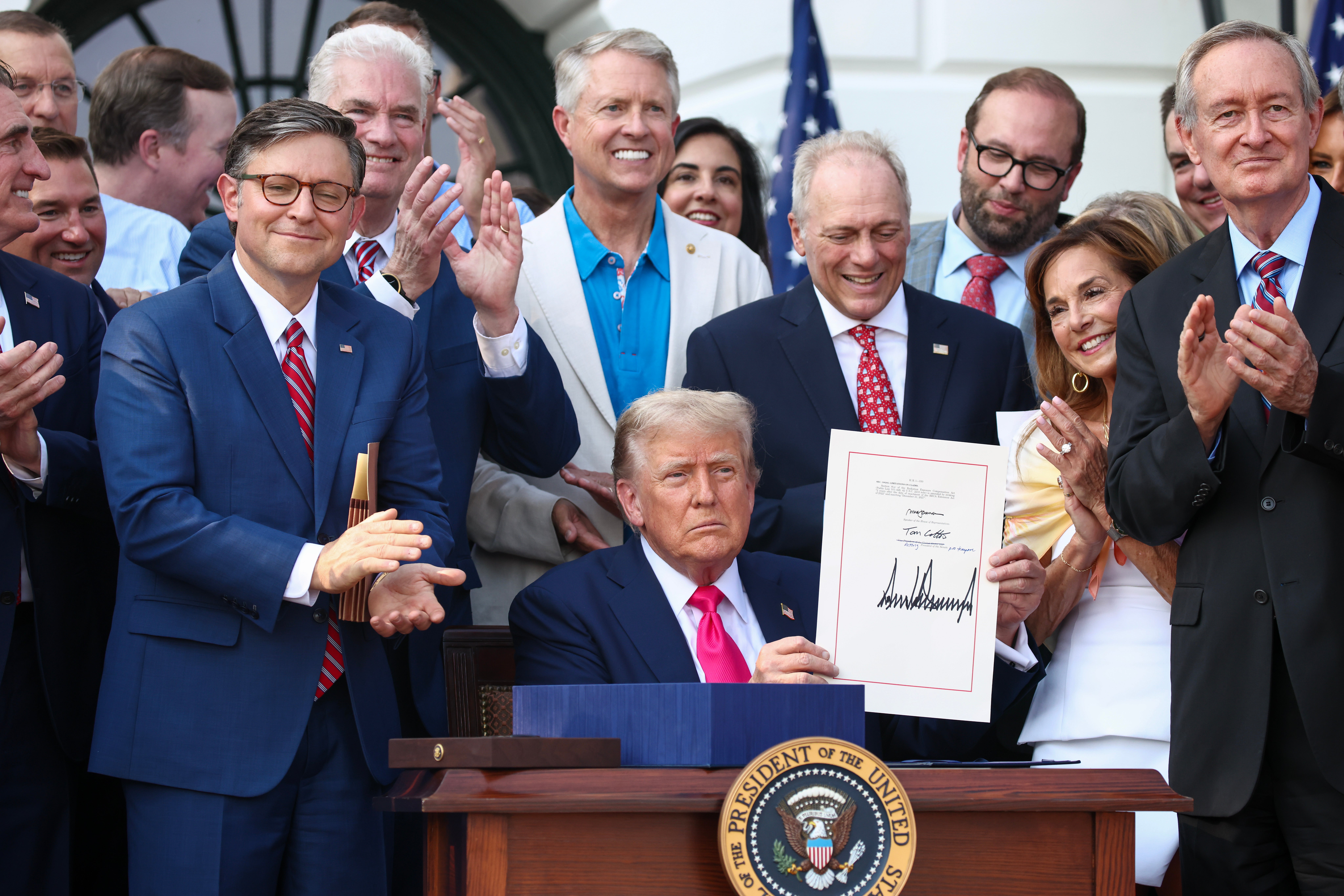The U.S. government’s gross national debt has climbed to $37 trillion as a result of increased borrowing from Donald Trump’s administration, according to the latest report from the Treasury Department.
The departmental update, issued to track the nation’s finances, blamed the milestone on the accelerating pace of borrowing by the federal government, which has seen the debt soar by $1t to its present record high in just nine months.
The debt stood at $34t in January 2024 and $36t in November and has surpassed the $37 t marker far earlier than forecasts made before the Covid-19 pandemic had anticipated.
The Congressional Budget Office’s January 2020 projections indicated that the gross federal debt was not likely to hit its present figure until the 2030 fiscal year.
But the debt grew faster than expected because the coming of the pandemic necessitated heavy government borrowing under both Trump and Joe Biden as they fought to stabilize the American economy amid the global slowdown.
Now, Trump’s “One Big, Beautiful Bill” – which sailed through Congress despite not one Democratic supporting it and concerns being expressed by Republicans in both the House and Senate – looks set to ramp up the debt even further.
The president’s signature legislation, which he signed into law on July 4, safeguards existing tax cuts and makes billions of dollars available for national defense and border enforcement while making cuts to welfare that many Americans rely on, notably Medicaid.
According to the CBO, the bill’s provisions will add $4.1t to the national debt over the course of the next decade, a particular cause of anxiety to GOP voices like Reps. Thomas Massie, Tim Burchett and Victoria Spartz and Sens. Rand Paul and Susan Collins when weighing its passage, some of whom voted for it anyway.

The Government Accountability Office warns that rising federal debt means higher borrowing costs for American citizens seeking to buy cars and agree mortgages, lower wages as a result of businesses having less money to invest and more expensive goods and services in stores.
Michael Peterson, chair and CEO of the Peter G Peterson Foundation, said that government borrowing places increased pressure on interest rates, “adding costs for everyone and reducing private sector investment.
“Within the federal budget, the debt crowds out important priorities and creates a damaging cycle of more borrowing, more interest costs, and even more borrowing.”
“We are now adding a trillion more to the national debt every five months,” Peterson warned. “That’s more than twice as fast as the average rate over the last 25 years.”
The Joint Economic Committee estimates that, at the current average daily rate of growth, an increase of another trillion dollars will be reached in approximately 173 days.
Maya MacGuineas, president of the Committee for a Responsible Federal Budget said: “Hopefully this milestone is enough to wake up policymakers to the reality that we need to do something, and we need to do it quickly.”
Trump sends National Guard to DC streets as mayor attacks ‘authoritarian push’: Live
New Zealand mother and her 6-year-old son detained by ICE at US-Canada border
This Trump-Putin meeting could define European security for decades
Netanyahu ‘in talks’ to relocate Palestinians from Gaza to South Sudan
Mayor calls for DC to become 51st state after Trump’s National Guard crackdown
Trump on meeting Putin: ‘I’ll know if peace is possible in the first two minutes’







